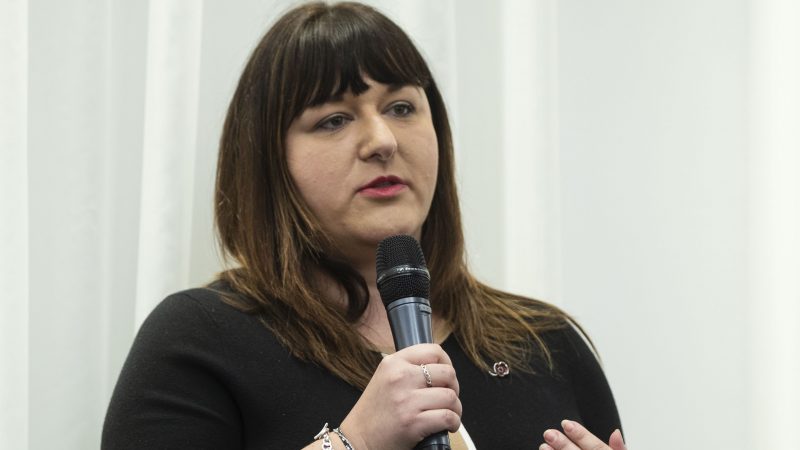
All successful political parties are a coalition. The Labour Party is no different. We have, for our 121-year history, been a partnership between two core groups of people. One from our traditional heartlands and another more liberal, mostly metropolitan group in the other. Simplistically represented for me as the Daily Mirror and The Guardian. I was proud to represent one of our former industrial heartlands, and I have always considered myself part of the Daily Mirror set. My politics have always been industrial, rooted in community and concerned with bread-and-butter issues that affect the here and now of people in their everyday lives.
As a party, we’ve been most successful when these core tribes of our coalition have shared influence and shared a set of national priorities, from the establishment of the NHS to the creation of the Open University and the introduction of the national minimum wage. Each represented a manifestation of our values in a way that bonded together the interests of both our heartlands and our metropolitan cities. And, most importantly, they guided the party to electoral success and changed the very fabric of the country.
This partnership is always finely balanced. When the Labour Party finds itself choosing a path in which the priorities of one of these groups trumps the concerns and views of the other, we lose. We lose our focus, we lose our ideological anchor and then, in turn, we lose the electorate at large. Over the last decade, that is exactly what has happened. Our 2019 manifesto was a perfect example of where this partnership had become increasingly one-sided.
My constituents were supportive of the big issues that we campaigned on. They want a fairer and more equal society, and they want their children and grandchildren to live better lives than theirs. But, given that over 40% of the children in the town I live in are in relative poverty, most parents were concerned about how they were going to pay rent next month, not tuition fees in a few years – particularly given that fewer than one in four young people from Stoke-on-Trent go to university. Keeping 16- to 18-year-olds in good quality further education was a priority rather than free tuition, as important as it is.
High fares, erratic timetables and ever-reducing routes mean that getting a bus to work in Stoke-on-Trent is tough and getting one home after 6pm is virtually impossible. So while they care about a renationalised railway, their commute would be massively improved by a better, cheaper and more reliable bus service rather than a state-owned train. And in a city in which heavy industry has left an indelible mark and where jobs are still dependent on energy intensive industry, failure to address concerns over job security while talking about a green revolution creates uncertainty and fear that – once again – their jobs may be lost as changes are made to them rather than with them.
Unless we appreciate that and change our behaviour accordingly, Labour will continue to struggle in the seats we need to win the next election. I am, however, an optimist. Compromise, passion and debate were the foundations on which the party was built. It is in this spirit that we are launching ‘Renaissance’ this week as a vehicle to focus the political debate on the issues that really matter to the country at large and to rebalance the party’s prioritisation of policy back towards the industrial heartlands, towns and villages where we need to rebuild trust and earn back their votes.
This is not at the cost of metropolitan support but rather to complement it and to rebuild our fragile coalition that finally shattered in 2019. Renaissance will help to re-establish Labour as the natural home for working families by putting the important role of work and good, secure jobs at the heart of our party’s politics.
The pandemic and wider technological change have combined to create a fast-changing world and an uncertain future for many working people and their families across the UK. Working families need a Labour Party that understands their anxieties, shares their priorities and partners with British businesses to drive a good jobs renaissance.
At the next general election, we need to give the country a reason to vote Labour. To vote for a party that understands the challenges the country faces and has a plan to rebuild post-Covid and post-Brexit in a way that empowers and supports our communities, every community. This is hopefully the next step on that journey.




More from LabourList
Turning the page? Labour’s recovery in the polls show a path to 2029 victory
Restoration announce recommendations for NEC candidates
‘Factionalism at the top is weakening Labour – and handing a gift to Reform’